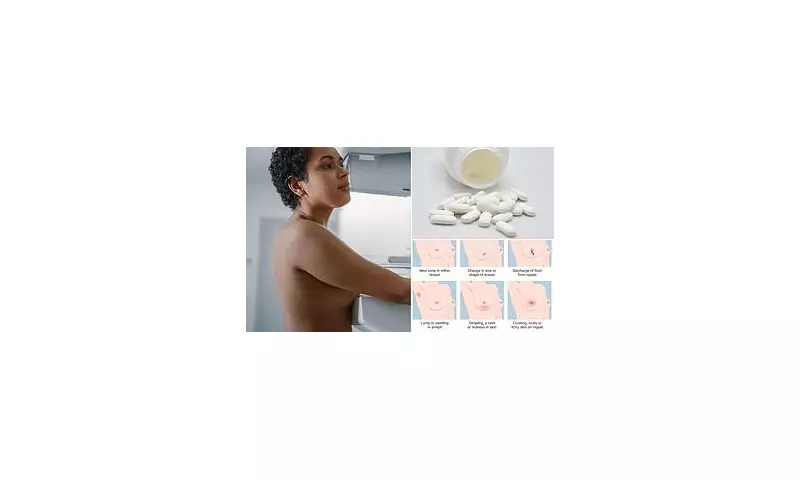
In a potentially game-changing discovery for breast cancer treatment, a common and inexpensive heart medication has been linked to dramatically improved survival rates for women with one of the most aggressive forms of the disease.
Researchers from the University of York and other institutions have found that the beta-blocker drug propranolol, which costs just pennies per pill, could be a powerful weapon against triple-negative breast cancer (TNBC). This specific subtype is notoriously difficult to treat due to its lack of hormone receptors, making it unresponsive to many conventional therapies.
A Landmark Study's Compelling Findings
The study, published in the journal Oncotarget, analysed data from over 1,000 breast cancer patients. The results were striking: women with triple-negative breast cancer who were already taking the cheap beta-blocker for unrelated heart conditions were significantly more likely to survive.
The research showed a remarkable 57% reduction in the risk of dying from the disease for these patients. This suggests that the drug, which works by blocking stress hormones, may be inadvertently disrupting a key biological pathway that fuels the cancer's growth and spread.
How a Heart Drug Fights Cancer
Scientists believe the benefit stems from propranolol's ability to block beta receptors on cancer cells. Stress hormones like adrenaline, which bind to these receptors, are known to encourage cancer progression. By inhibiting this interaction, the beta-blocker appears to effectively 'cut off' a vital supply line for the tumour, potentially slowing its development and making it less aggressive.
This offers a beacon of hope for TNBC patients, who often face a poorer prognosis and fewer targeted treatment options compared to those with other breast cancer types.
The Path Forward: From Discovery to Treatment
Lead researchers have hailed the findings as a compelling reason to launch immediate clinical trials. The goal is to formally test propranolol's effectiveness as an add-on treatment for women newly diagnosed with triple-negative breast cancer.
The implications are enormous. Propranolol is a well-understood, widely available, and incredibly cheap generic drug with a known safety profile. If subsequent trials confirm these results, it could be rapidly repurposed and integrated into standard NHS treatment protocols, saving countless lives at a minimal cost.
This research underscores the incredible potential of drug repurposing – finding new uses for existing medicines – to deliver affordable and effective breakthroughs in the relentless fight against cancer.





